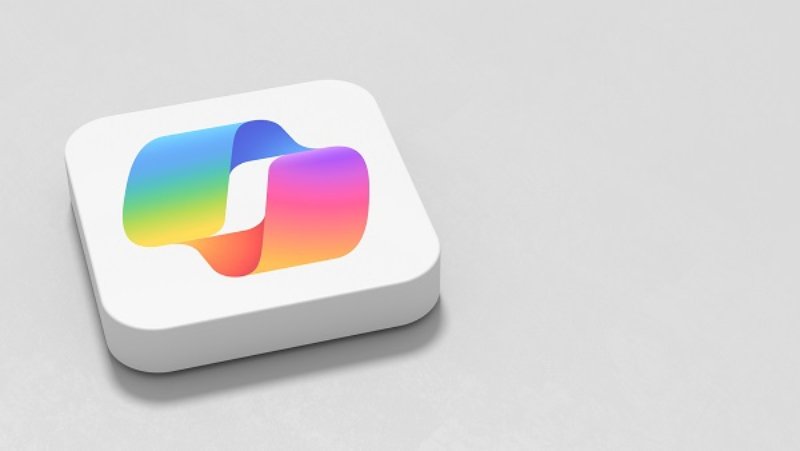Microsoft has introduced a powerful new enhancement to its Copilot Studio this week-a feature called “computer use” that empowers AI agents to interact directly with both websites and desktop applications in a highly human-like manner. Drawing similarities to OpenAI’s Operator and Claude’s own version of “computer use,” this capability allows businesses to design AI-driven agents capable of navigating and utilizing digital interfaces as if they were human users, automating tasks without needing direct API integration.
Charles Lamanna, corporate vice president of Microsoft’s Business & Industry Copilot group, stated that agents can engage with desktop apps and websites by using computers to click buttons, choose options, and enter data in fields on the screen. This functionality means that even in the absence of backend APIs, Copilot agents can now engage with software interfaces the way a person would-allowing for broader task execution across multiple platforms and tools.
With this upgrade, Copilot Studio can now be used to develop intelligent agents that can automate a variety of real-world business workflows. Tasks like inputting large volumes of data into legacy systems, gathering insights from online sources for market analysis, or processing billing and invoices can now be streamlined through AI intervention. What’s particularly impressive is Microsoft’s claim that these AI agents can adapt to dynamic changes within app interfaces-such as updated button positions or layout shifts-without losing functionality or breaking the automation process.
Earlier this month, Microsoft introduced a similar “Actions” feature within the consumer-facing version of Copilot, enabling background operations like booking restaurants, securing event tickets, or completing purchases online. However, this version was restricted to a limited number of partner websites and services.
In contrast, Copilot Studio’s “computer use” feature appears to offer much broader compatibility and flexibility. It allows developers and businesses to train AI agents that can function seamlessly across a wide range of websites and desktop applications, potentially transforming productivity workflows and automation capabilities across industries.
Topics #AI #Artificial Intelligence #Copilot #Copilot Studio #Microsoft #news #OpenAI











